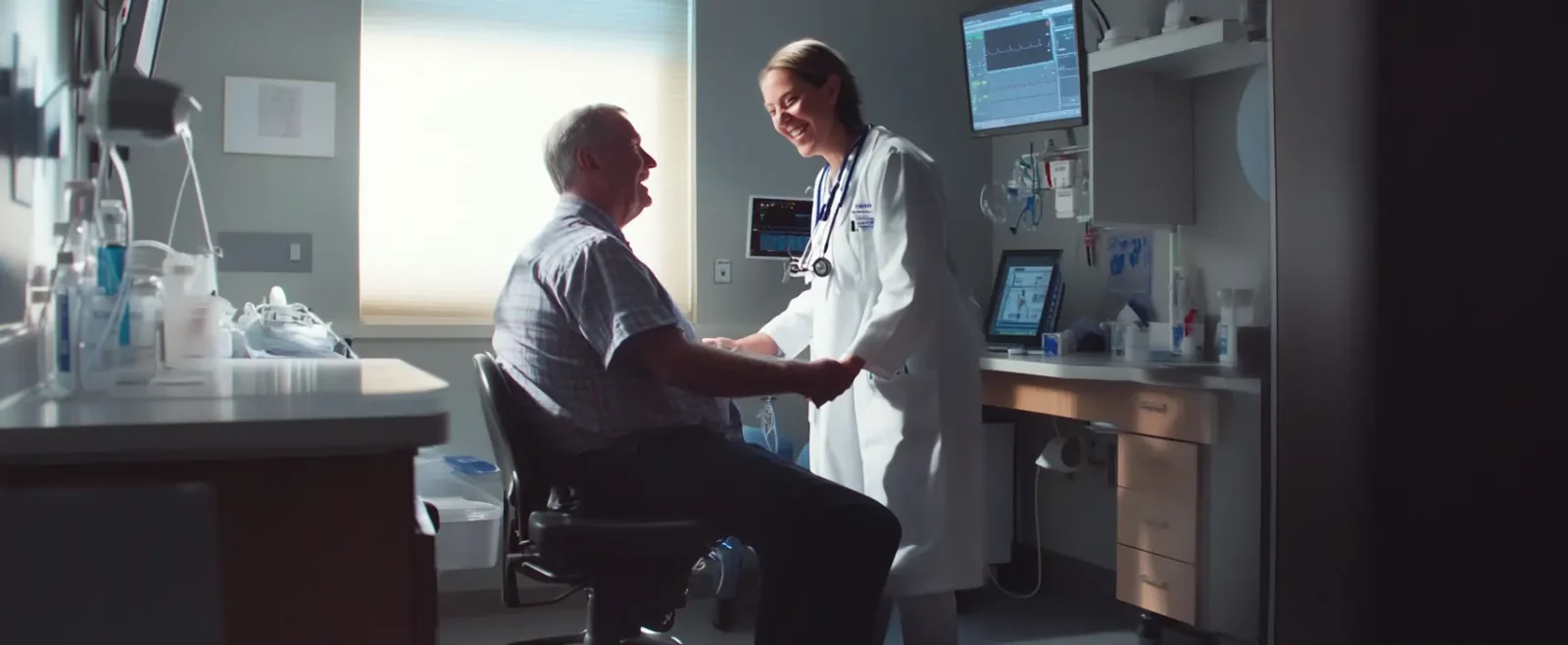
The Full Potential of Healthcare Staffing Services
|
Streamlining hiring procedures
Recruiting in the healthcare sector is a resource-intensive process. It involves advertising vacancies, sifting through applications, conducting interviews, and verifying credentials—all while ensuring compliance with industry regulations. This process can be overwhelming, especially when rapid staffing is required to meet increasing patient care needs.
Staffing agencies specialize in this area. They maintain extensive databases of pre-screened, qualified candidates ready to fill positions promptly. According to a report by the U.S. Bureau of Labor Statistics, the healthcare industry is projected to grow 13% from 2021 to 2031, much faster than the average for all occupations. This growth intensifies the need for efficient hiring processes.
By partnering with an employment agency who focuses on the medical sector, healthcare organizations can reduce the time-to-fill positions significantly. This efficiency ensures that patient care is not compromised due to understaffing and allows administrative staff to focus on other critical operational areas.
Improving employee retention
High turnover rates in healthcare can disrupt team dynamics, lower morale, and negatively impact patient care. Healthcare staffing services contribute to improved retention by carefully matching candidates with positions that align with their skills and career aspirations.
Staffing agencies often provide additional support to their placements, such as ongoing training and career development opportunities. This support fosters job satisfaction and loyalty. The National Healthcare Retention & RN Staffing Report by NSI Nursing Solutions Inc. highlighted that the national average turnover rate for hospital staff nurses was 18.7% in 2020. Reducing this rate is essential for maintaining a stable, experienced workforce.
By ensuring a good fit between the employee and the organization, staffing services help reduce turnover, leading to better team cohesion and continuity of care.
Reducing hiring expenses
A study published in the Journal of Nursing Administration estimated that the cost of replacing a bedside nurse ranges from $38,000 to $61,100, resulting in the average hospital losing $4.4 million to $7 million annually. Utilizing recruiting services can mitigate these costs by providing qualified candidates who require less training and can integrate quickly into the workforce.
Companies who recruit for healthcare absorb many of the upfront costs associated with hiring and offer flexible staffing solutions, such as temporary or per diem staff, which can be more cost-effective during periods of fluctuating patient census.

The competitive edge
The staffing industry is playing an ever-pivotal role in addressing the workforce challenges faced by hospitals and medical businesses. By streamlining hiring procedures, they ensure that organizations can quickly and efficiently fill vacancies with qualified professionals.
In a sector where every moment and every dollar counts, the strategic use of healthcare staffing services can provide a competitive edge. As the industry continues to grow and evolve, these services will become increasingly indispensable for organizations committed to excellence in patient care.


